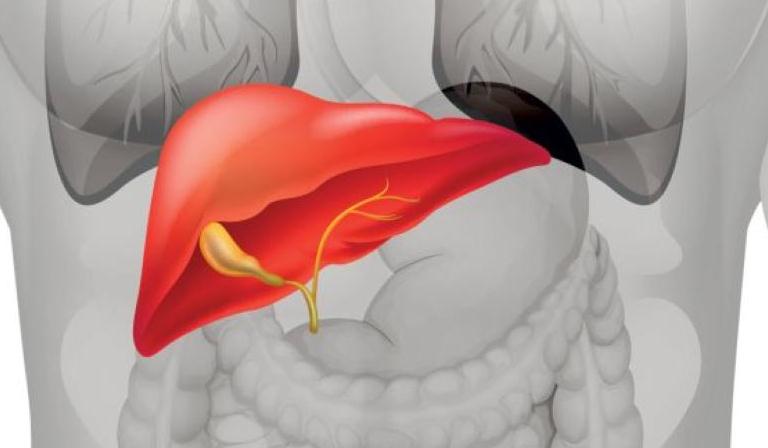Risk-factors for Alcohol-related liver disease
Apr 19, 2022
The alcohol-related liver disease is a major health complication that majority of the Indians face. This ailment is mainly caused due to the excessive consumption of alcohol by a person.
However, studies also reveal a very interesting and complex interplay of genetic, environmental, and social factors which contribute to development, progression, and consequences of alcohol‐related liver disease (ARLD).
Of note is the fact that liver disease is not universal, even in people with very high alcohol consumption. Only a minority of those consuming alcohol go on to develop ARLD.
So, that attracts the question- What are the risk-factors which make one more prone to develop ARLD?

Several studies on this aspect have identified such risk factors which are summarized as below:
- Women seem to have a higher risk of developing alcoholic hepatitis possibly because of differences in the way alcohol is processed in women.
- People who are overweight might be more prone to develop alcoholic hepatitis and to progress to cirrhosis.
- Genetic factors. Studies suggest there may be a genetic component in alcohol-induced liver disease although it’s difficult to separate genetic and environmental factors.
- Race and ethnicity. African-Americans and Hispanics including Indians might be at higher risk of alcoholic hepatitis.
- Amount of alcohol: Risk threshold for developing ARLD is ~ 20 g per day, and this risk increases with the increased daily intake. Drinking 20 g of ethanol per day and for less than 5 years are usually safe from ARLD.
- Type of Alcohol: Drinking only hard liquors or mixing multiple types of alcoholic beverages, independent of the amount, is associated with an increased prevalence of ARLD.
- Patterns of drinking: Binge drinking – consuming five or more drinks at one time might increase your risk.
- The timing of intake: Drinking alcohol without accompanying meals seem to be more harmful than when alcohol is taken with meals. Drinking without food might differentially affect the intragastric metabolism of ethanol by decreasing gastric alcohol dehydrogenase and hepatic glutathione and by accelerating gastric emptying.
- Hepatitis C: It is an infectious liver disease caused by a virus. HCV positive persons who also drink heavily are likely to develop the liver disease than someone who doesn’t drink.
- Diabetes Mellitus: Diabetics are more prone to develop ARLD as compared to non-diabetics, though this difference can be related to high prevalence of Obesity and the common genetic factors which may be more in diabetics than in non-diabetics.




.png)
.jpg)


